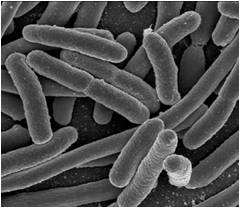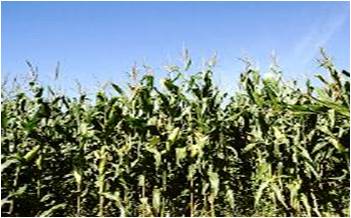|
D.
Glass
Associates, Inc. can assist companies and academic investigators
learn about or comply with regulations governing the use of
engineered microorganisms, algae and transgenic plants in the
United States and elsewhere in the world, including the
following:
-
Assist
in
all matters of compliance with U.S. EPA biotechnology
regulations affecting microbial production of fuels or
chemicals, including analysis of impact of EPA TSCA
biotechnology regulations, preparing and filing Microbial
Commercial Activity Notices (MCANs),
Premanufacture Notices (PMNs), TSCA Experimental Release
Applications (TERAs), Tier I exemption notifications and
biotechnology bona fide requests with the EPA,
liaison to EPA.
-
Assist
in
obtaining U.S. Department of Agriculture permits for
use of transgenic plants as biofuel feedstocks.
-
Compliance
with
foreign biotechnology regulations including EU
biotechnology directives and compliance with foreign
regulatory programs under the Cartagena Biosafety Protocol.
-
Preparing
and
submitting GRAS notification petitions to U.S. FDA
or
AAFCO animal feed
ingredient applications (e.g. for food use
of dried distillers grains or other spent biomass).
For
any
of these areas of regulation, DGA offers the following services:
-
Project
planning:
For companies that are investigating or beginning to plan
for the use of engineered microorganisms, algae or
transgenic plants, DGA can advise companies about the impact
of biotechnology regulations on company plans. This can take
the form of a one-time seminar for key company
decision-makers, an in-depth written report, and/or ongoing
consultation on regulatory developments.
-
Project
implementation:
For companies closer to commercial applications that are
ready to seek government approvals, DGA can assist in
planning and carrying out the necessary activities. This
could include preparation of written implementation plans
for company projects, arranging presubmission meetings with
regulatory agencies, and coordination of the preparation and
filing of MCANs, PMNs, TERAs, Tier I exemption
notifications, permit applications or other government
submissions.
|


